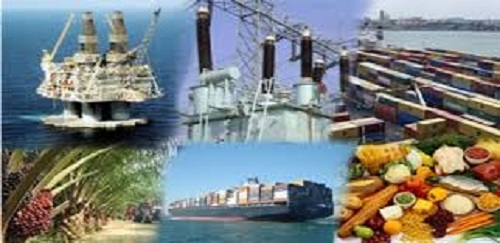-By Victoria Opeyemi
Most Nigerian importers, exporters and manufacturers find it difficult to clear their cargoes from the port within 24 hours. The challenges are further compounded with the gridlock at the seaport which cost them more than the amount paid for freight on consignment from port of destination to their warehouses.
They complain that the condition of the port has paralyzed the country’s economy and industry operators from getting their goods coupled with unfriendly terminal charges and demurrage being paid.
These challenges, the Director General, Manufacturers Association of Nigeria (MAN), Mr. Segun Ajayi Kadir, said it is affecting the manufacturing sector. He added that with the current port challenges level of competitiveness will be affected as the African Continental Free Trade Agreement begins. He stated thus, “you cannot operate in a continental area with an inefficient port. It cost the same amount to take a food container from China to Nigeria than to take it from Apapa to Agbara in Lagos. A journey that is less than 27 kilometres. This is quite not acceptable and I think we need to resolve it.”
The President of Association of Nigeria Licence Customs Agent, Tony Iju, was of the opinion that government has to position itself to take advantages of opportunities that comes with the Africa Continental Free Trade Agreement.
In his words, “Nigeria must position itself with its stock. What do we have to give in the sense that do we have products to sell? Do we have to be a consuming nation? Do we have to be seen as a dumping ground of all the goods and services from all African countries? I will tell you that countries like Egypt, Morocco, South Africa, Angola, Algeria among others are all set with their products. So, what kind of products do we have to showcase as our business.”
Manufactures are calling on government to decongest the port and reduce the cost of cargo clearance as well as undertake urgent reforms that align with government policies on ease of doing business.


Comment here